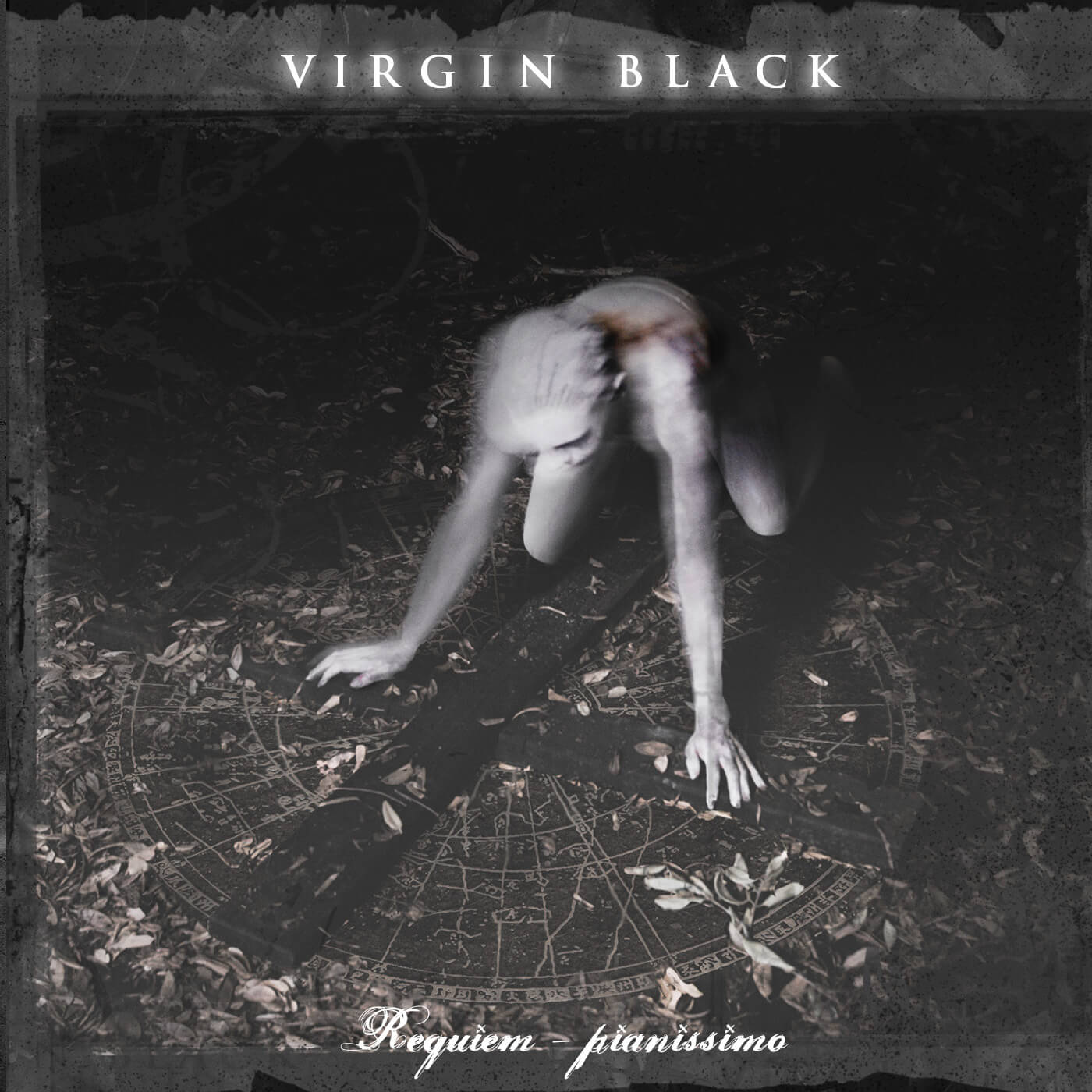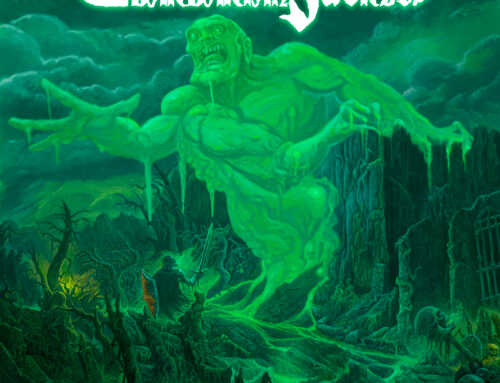The third part of Australian neoclassical metal act Virgin Black’s incredibly ambitious Requiem project is here – only eleven years after part one appeared and a mere ten after part two was released – and very interesting it is too.
Melding full-blown orchestral music to metal is of course nothing new – and it wasn’t in 2007 when Virgin Black started this journey, either – but it has to be said it has rarely been done quite as well by anyone else entering this particular field of combat. Metal bands often come off at half cock with this sort of stuff, ideas spiked by lack of finance or defeated by their own over ambition – but not so Virgin Black, and especially not on this fully-orchestral third instalment of the Requiem.
Opening piece Requiem Aeternum employs the ghosts of Wagner and Mahler to get it’s point across, and second track Dies Irae brings to mind Benjamin Britten with it’s muted use of single voices and sorrowful instrumentation. Elsewhere the superb Until Death is altogether more modern in sound and construction, sounding at times like the soundtrack to something not very pleasant on the silver screen.
The Kyrie Eleison is quite superb, swelling with portent on the tide of massed choruses, then ebbing to sparse piano and solo male and female voices. It’s compelling, thrilling stuff, the final vocal fading to allow silence to introduce the next track Libera Eis Domine. The title echoes words taken from Faure’s late nineteenth century setting of the requiem, yet musically – at least at the start of the piece – the slashing strings and thundering percussion bring to mind sixties orchestral music – as if Brahms had written a soundtrack to Planet of the Apes…
Lacrimosa (I Tread Alone) is perhaps the most impressive work here; at nearly eleven minutes in length it stands as a mini oratorio within the fabric of the mass, the solo voices rising above the superb orchestration to create an epic, sombre atmosphere with hints of a Middle or Eastern European lamentation. Deeply affecting, and effective, it’s the fulcrum of the work as a whole, and it works perfectly. A lone piano motif emerges about two thirds of the way through the Lacrimosa that strangely sounds like American pomp Gods Kansas, especially when augmented by strings, but this flicker of modernism is swiftly thrown aside by the epic main theme of the piece, the orchestra again creating a veritable tsunami of emotion in tandem with the solo vocals.
The penultimate track comes in the form of the Pie Jesu, which again carries a darkly portentous cinematic feel with it’s brooding choruses and dramatic cymbal clashes. The overall feel of the music here moves from Europe to the Middle East as the momentous final male solo vocal brings with it hints of Jewish lamentation and grief. Again the desired effect is achieved almost effortlessly, as it is in the three minute long diminuendo that ends the work, the coldly mesmerising Remembrance.
Starkly beautiful, elementally moving, ethereal yet grounded in human suffering, Virgin Black’s latest work is a wonderful piece of modern classicism that might not be to all tastes but is sure to connect with those listeners with a deeper understanding of orchestration and musicality. It’s a triumph on almost every level it operates on, and I implore you to listen to it at least once. You won’t be sorry.
Pianissimo will be released on November 30th.








Leave A Comment